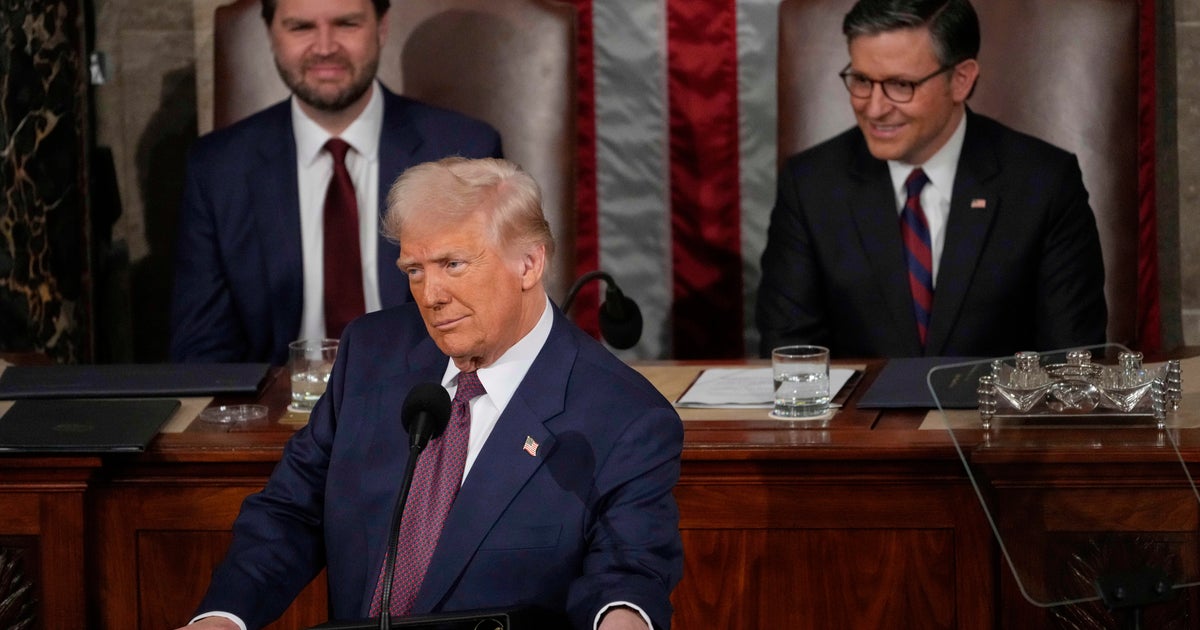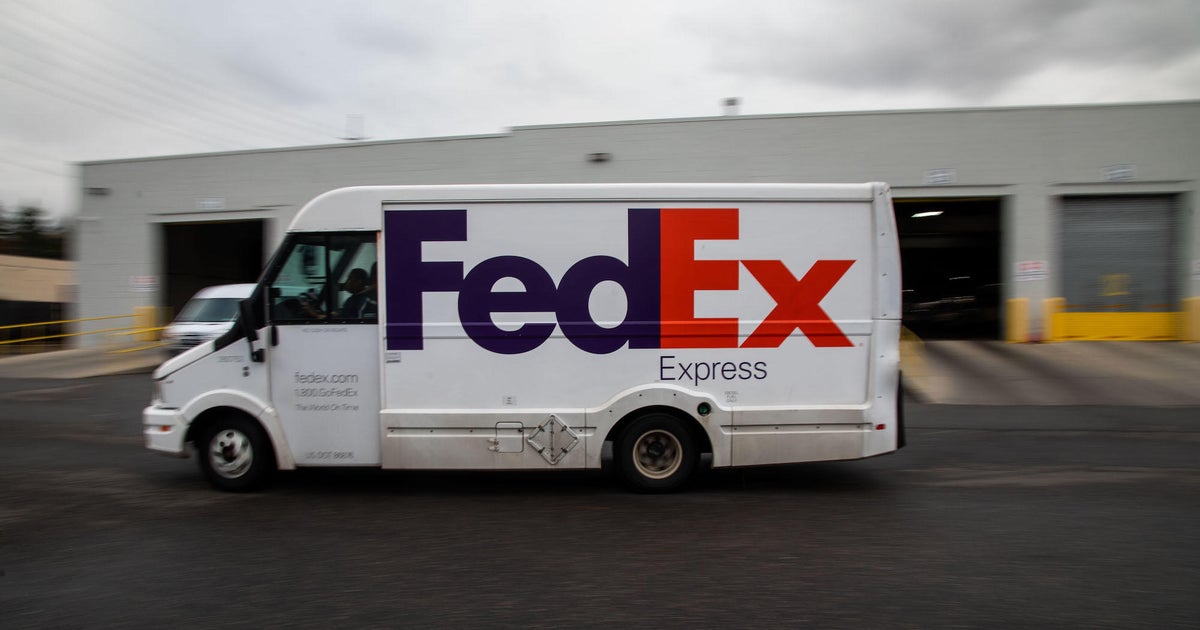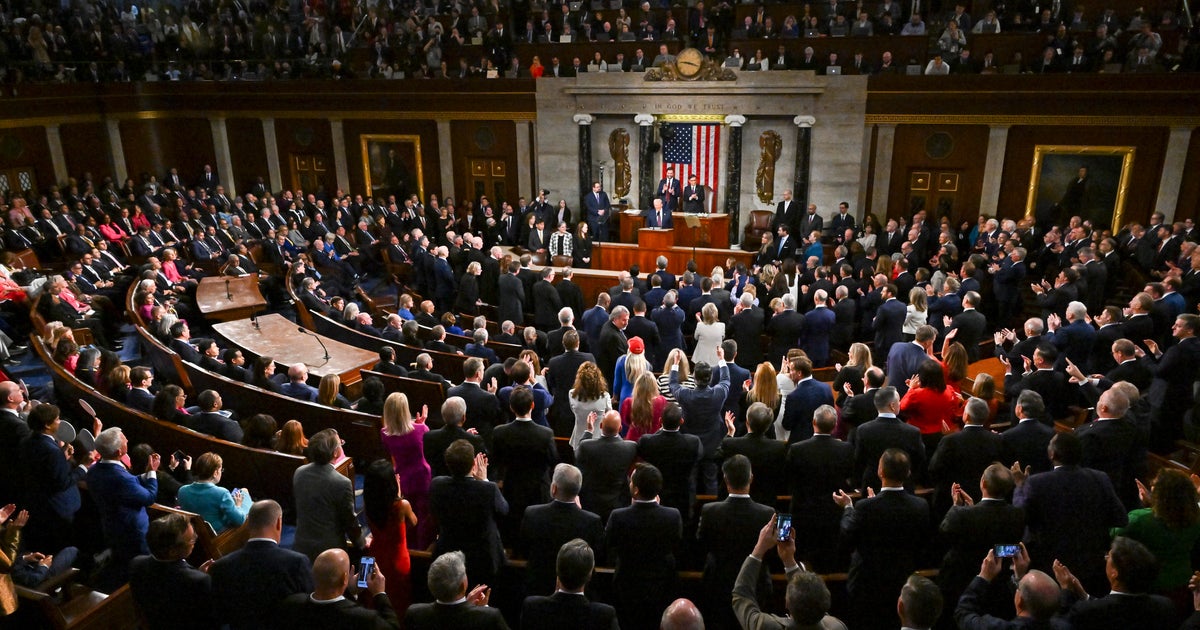Biden says in meeting with Macron that handling of French submarine contract was "clumsy"
In his first meeting with French President Emmanuel Macron since a spat over a canceled multi-billion-dollar submarine deal in September, President Biden blamed a communications snafu.
"I was under the impression that France had been informed long before that the (French) deal would not come through," Mr. Biden said Friday. "I honest to God did not know you had not," he said, turning to Macron.
When Australia scuttled its submarine deal with France in order to buy submarines with U.S. and British technology instead, Macron found out at the last minute — just before Mr. Biden, Australian Prime Minister Scott Morrison and British Prime Minister Boris Johnson announced the deal to build nuclear-powered submarines, rather than the diesel submarines the Australians had signed a contract to purchase in 2016.
Outraged by the slight, France canceled social events in the U.S. and recalled its ambassador, Philippe Etienne. He returned to the U.S. a few days later, after Mr. Biden and Macron spoke by phone.
In the meeting with Macron, on the first day of the Group of 20 world leaders summit in Rome, Mr. Biden said the handling of the submarine deal "was clumsy."
"It was not done with a lot of grace," he said. "I was under the impression that certain things happened that didn't. But I want to make it clear that France is an extremely, extremely valued partner. Extremely."
"There's too much we have done together, suffered together, celebrated together and valued together for anything to really break this up," the president said.
The world is at "an inflection point," Mr. Biden told reporters, that occurs every 50 to 75 years. Turning to Macron, he clasped the French leader's hand and said, "I want to be in the same war."
Macron returned the gesture and said that the two would "clarify together what we have to clarify" and appeared to suggest the two leaders had moved on. He also pointed out that the U.S. was not the only party to the deal and said what's important now is stronger coordination and cooperation.
A U.S.-France joint statement after the meeting said the presidents "recognize the importance of robust collaboration in the Indo-Pacific, particularly given growing economic and strategic challenges there. The United States welcomes France's enduring role as an Indo-Pacific partner, whose long-standing commitment, geography, and military capabilities based throughout the region make it a key contributor and security provider to a free and open Indo-Pacific."



